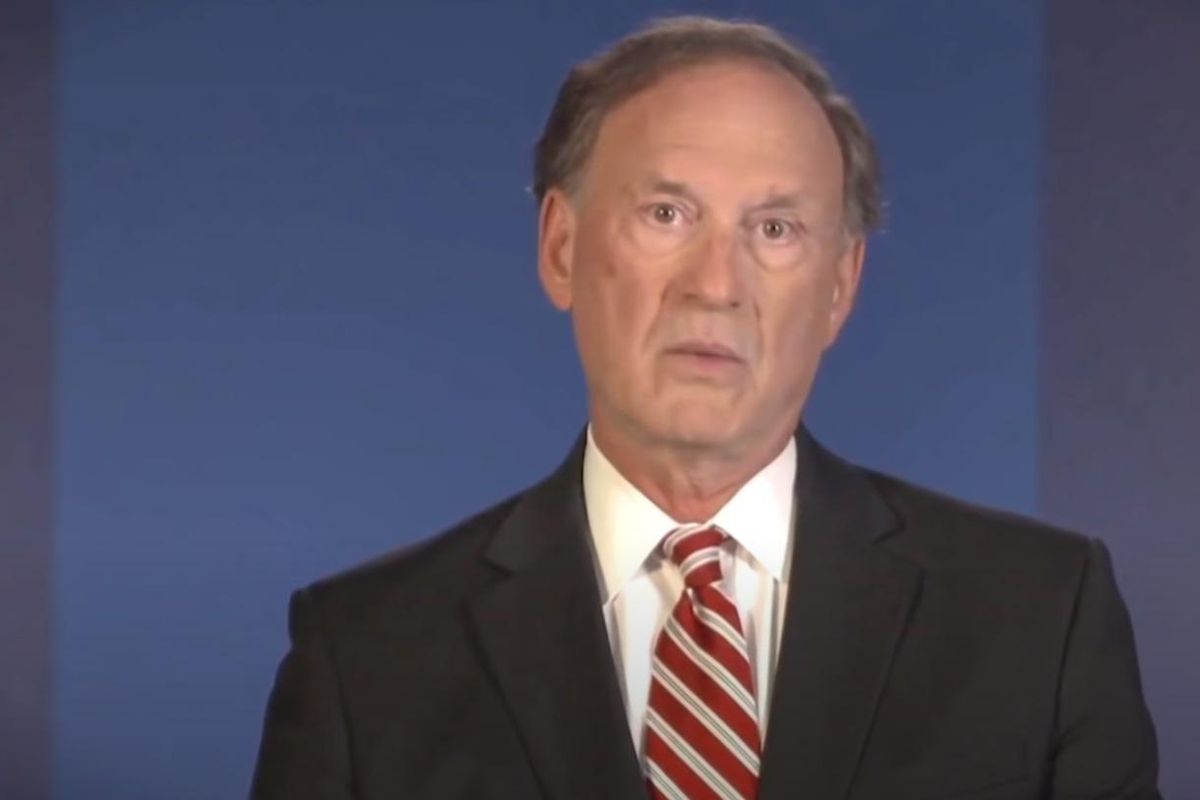
By Brian Bennett, Tribune Washington Bureau
WASHINGTON — In an effort to discourage thousands of unaccompanied children from trying to enter the U.S. illegally, President Barack Obama has instructed immigration officials to allow citizens of Honduras, Guatemala and El Salvador to apply for refugee status in their home countries for the first time.
The order, contained in a White House memo to the State Department, did not say how many refugee applications should be approved. But the program is unlikely to stem the flood of unaccompanied minors that began pouring across the Southwest border last spring.
The same memo capped the total number of refugees the administration will admit from all of Latin America and the Caribbean at 4,000 in the fiscal year that began this week, down from 5,000 last year.
Under the new plan, the State Department will begin accepting refugee applications at U.S. embassies in Honduras, Guatemala and El Salvador by the end of December, according to spokeswoman Jen Psaki.
“We are establishing in-country refugee processing to provide a safe, legal and orderly alternative to the dangerous journey that children are currently undertaking to join relatives in the U.S.,” Katherine Vargas, a White House spokeswoman, said in a statement.
Vargas added that officials at the State and Homeland Security departments were still deciding exactly who would qualify for the refugee program. Immigration rights advocates hope targets of gang violence or sexual abuse may qualify.
About 66,000 unaccompanied children were apprehended on the Southwest border in the last fiscal year, twice as many as the previous year. Many said they were fleeing an onslaught of drug violence and crime back home.
The surge sparked alarm in many border towns, overwhelmed social service agencies and forced the Obama administration to recalibrate its plans for immigration reform.
Border Patrol stations in the Rio Grande Valley of Texas, where most of the Central American children crossed the border, have struggled to care for the minors before they are handed over to social service agencies. Most eventually are placed with relatives in the U.S. while they await immigration hearings in court.
The influx has waned in the last three months, a change officials attribute to public service announcements in Central America warning of the dangers of the journey through Mexico, and blistering summer temperatures in the desert. Border officials are bracing for another wave of children as the weather cools.
Immigration rights advocates criticized the expanded refugee process as inadequate.
“We are concerned that the scope of this program is so small, it really won’t address the magnitude of the problem,” Gregory Chen, director of advocacy for the American Immigration Lawyers Association, said in an interview.
“It’s like putting out a job announcement but not having any jobs that can be filled,” Chen said.
Until now, the only people who could apply directly for U.S. refugee status from overseas were Cuban dissidents, persecuted religious minorities in Eurasia and the Baltics with close family ties in the U.S., and Iraqi citizens who worked for the U.S. government, U.S. media or U.S. nongovernmental organizations after the 2003 American-led invasion.
People who are still overseas also may be designated as refugees by the United Nations High Commissioner for Refugees and be admitted to the United States.
But in most cases, foreign nationals must arrive on American soil before they can seek asylum on religious or political grounds, or because they faced violence for being a member of a persecuted social group.
In some cases, women who have been victims of domestic abuse and youths who have received death threats for refusing to join a gang have qualified for asylum, even if they applied from outside the country.
AFP Photo/ Mark Ralston


